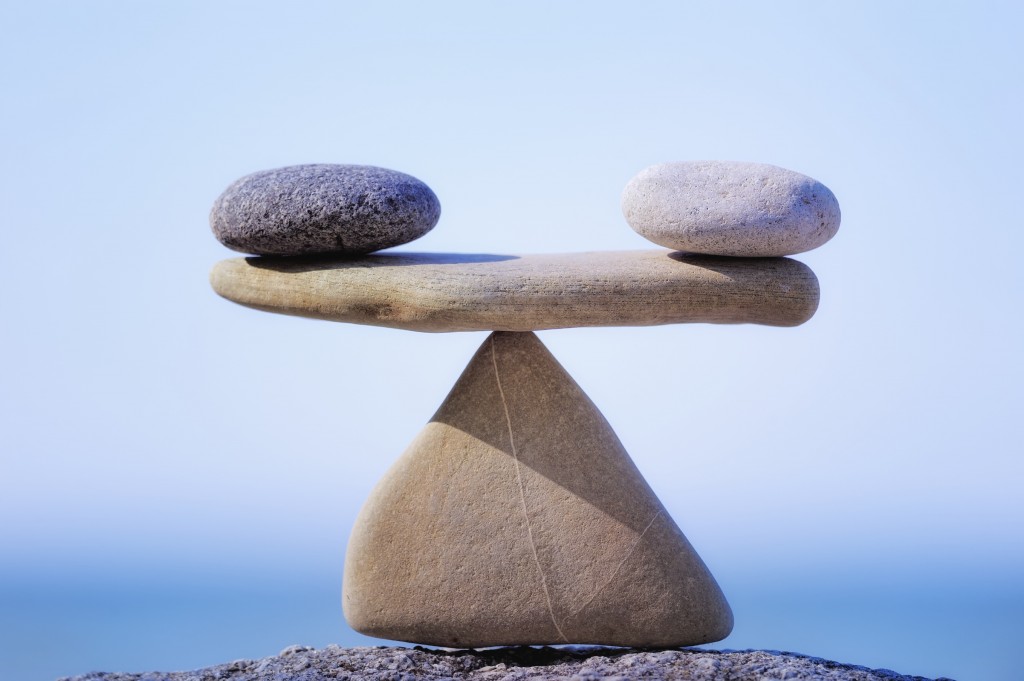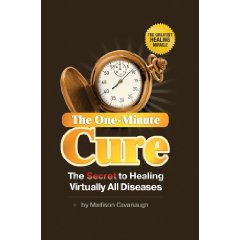 Being stressed is a given, at least according to a recent article in USA Today. Apparently, being stressed out has become our new set point as Americans.
Being stressed is a given, at least according to a recent article in USA Today. Apparently, being stressed out has become our new set point as Americans.
This is somewhat of a tragedy, especially in light of the countless studies that have proven a correlation between stress and health issues, as well as degenerative diseases.
Now for the good news – that very same USA Today article quotes Paul Rosch, a clinical professor of medicine and psychiatry at New York Medical College and president of the non-profit American Institute of Stress in Yonkers, N.Y. as saying, “There’s a greater acceptance of so-called alternative approaches as opposed to medication. People are increasingly wary of adverse effects of tranquilizers and antidepressants.”
With that in mind, we’d like to present you with the top six tips for reducing and managing stress in your life. Even if you can’t find the time to incorporate all six – by just adding one to three of these stress busters to your daily routine, you can effectively help battle the debilitating impact of stress on your life and health.
#1 Exercise
Researchers at the University of Missouri-Columbia found relatively high-intensity exercise to be superior in reducing the stress and anxiety that may lead to heart disease. Exercise can help move “fight or flight” chemicals through your bloodstream at a more rapid rate, as well as to release and reduce the number of toxins in your muscle tissue. It also has the added benefits of getting your mind off of your stressors for a bit, and allowing you to “blow off steam.”
#2 Massage
Massage helps the body increase its production of serotonin (useful for learning, mood and sleep) and dopamine (controls the body’s reward and pleasure centers) and lower cortisol levels (aka the “stress hormone”). Cortisol is secreted by the adrenal glands during that “fight or flight” response we mentioned above, and plays a part in the following functions:
- Blood Sugar Levels: proper metabolism of glucose and insulin release
- Immune function
- Blood pressure regulation
- Inflammation
According to a CNN article called Massage: It’s Real Medicine, “massage decreases the activity in the right lobe and increases functioning in the left . . . the right side of the frontal lobe is more active when we are sad, the left, activated when we are happy. . . this may result in less stress, anxiety, and depression.”

#3 Learn to Say No & Ask for Help
Taking the world on your shoulders can leave you feeling overwhelmed. Remember there is no shame in asking for help when you need it. If you’re feeling maxed out, learning to say no can be your greatest ally. Not only will it help reduce the number of obligations and stressors, it will also reduce resentment and help preserve interpersonal relationships.
#4 Put it in Perspective
If you can change it, do so. If you can’t change it, chances are worrying about it won’t fix it either. Accepting the things you cannot change and making the best of your current situation can significantly reduce stress and anxiety. This kind of positive perspective can shift your stress response. According to the Mayo Clinic’s website, negative thoughts and emotions impact your body, increasing stress and decreasing immunity, while positive thoughts release neuropeptides, helping to battle back stress and other potentially more serious illnesses.
It’s been proven that workers who take their breaks are more productive than their workaholic counterparts. The same holds true when life throws more at you than it feels you can handle.
Take time to breathe. A few moments of quiet reflection, a walk to clear your head, a soothing bath or time with friends can all help put things in perspective and refocus your attention and energies to the tasks at hand, helping you achieve a greater balance.
#6 Eat, Sleep and Be Merry
Proper nutrition, a good night’s rest and taking time to laugh should be a part of everyone’s quality of life. If these things are not priorities in your life now, they should be. When your body has the proper rest and nutrition it needs, it functions better, processing stress chemicals more efficiently, helping you problem solve more effectively, and increasing energy and stamina.
According to the Mayo Clinic, laughter as they say, is indeed, the best medicine, with benefits including:
- Stimulation of organs, heart, lungs and muscles and increased circulation
- Enhanced intake of oxygen-rich air
- Increased endorphins released
- Soothes tension
- Aids in muscle relaxation
- Improved immune function
- Relieves pain
- May ease pain by causing the body to produce its own natural painkillers
- May also break the pain-spasm cycle common to some muscle disorders
- Increases personal satisfaction
- Makes it easier to cope with difficult situations
- Helps you connect with other people







